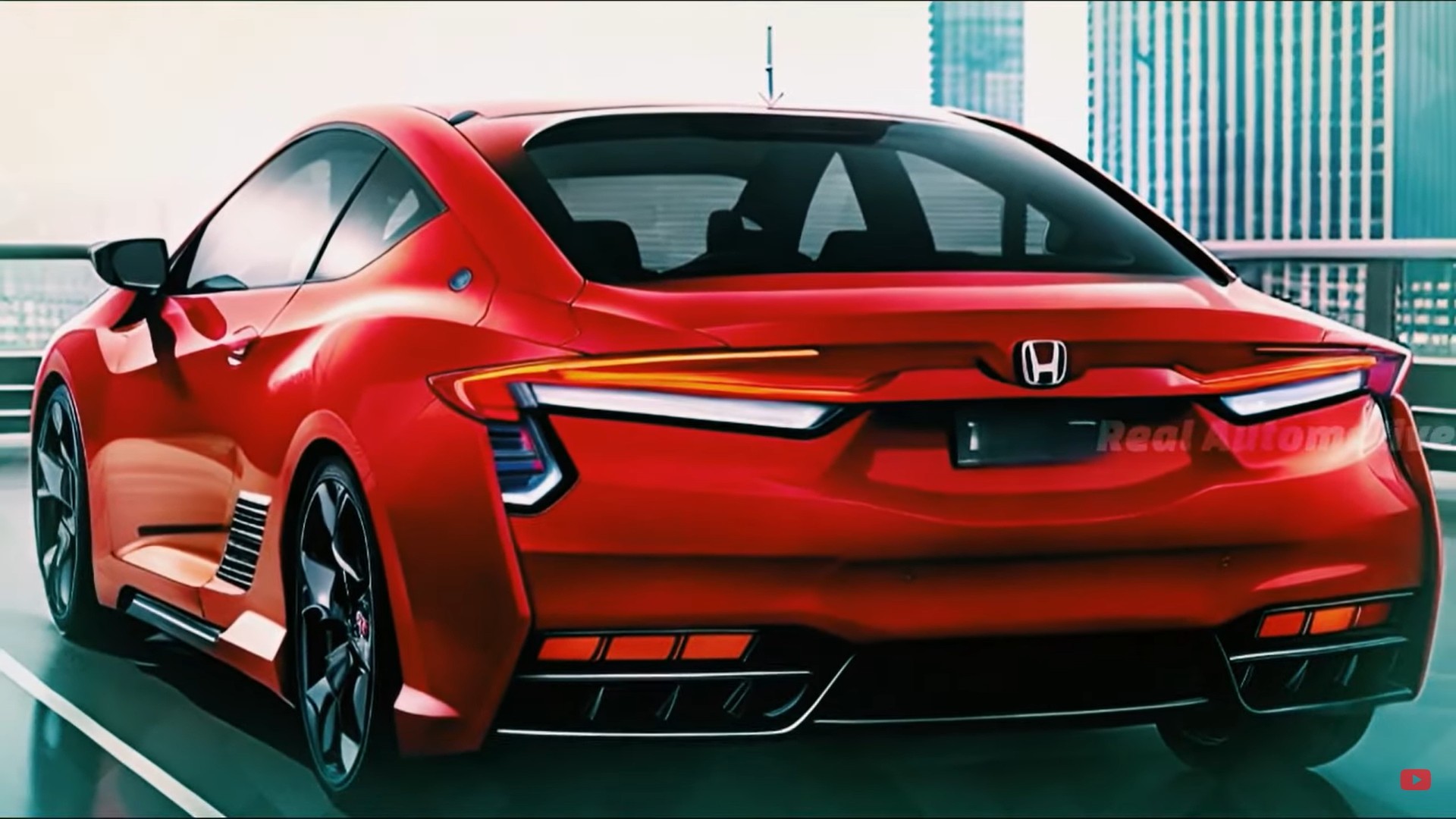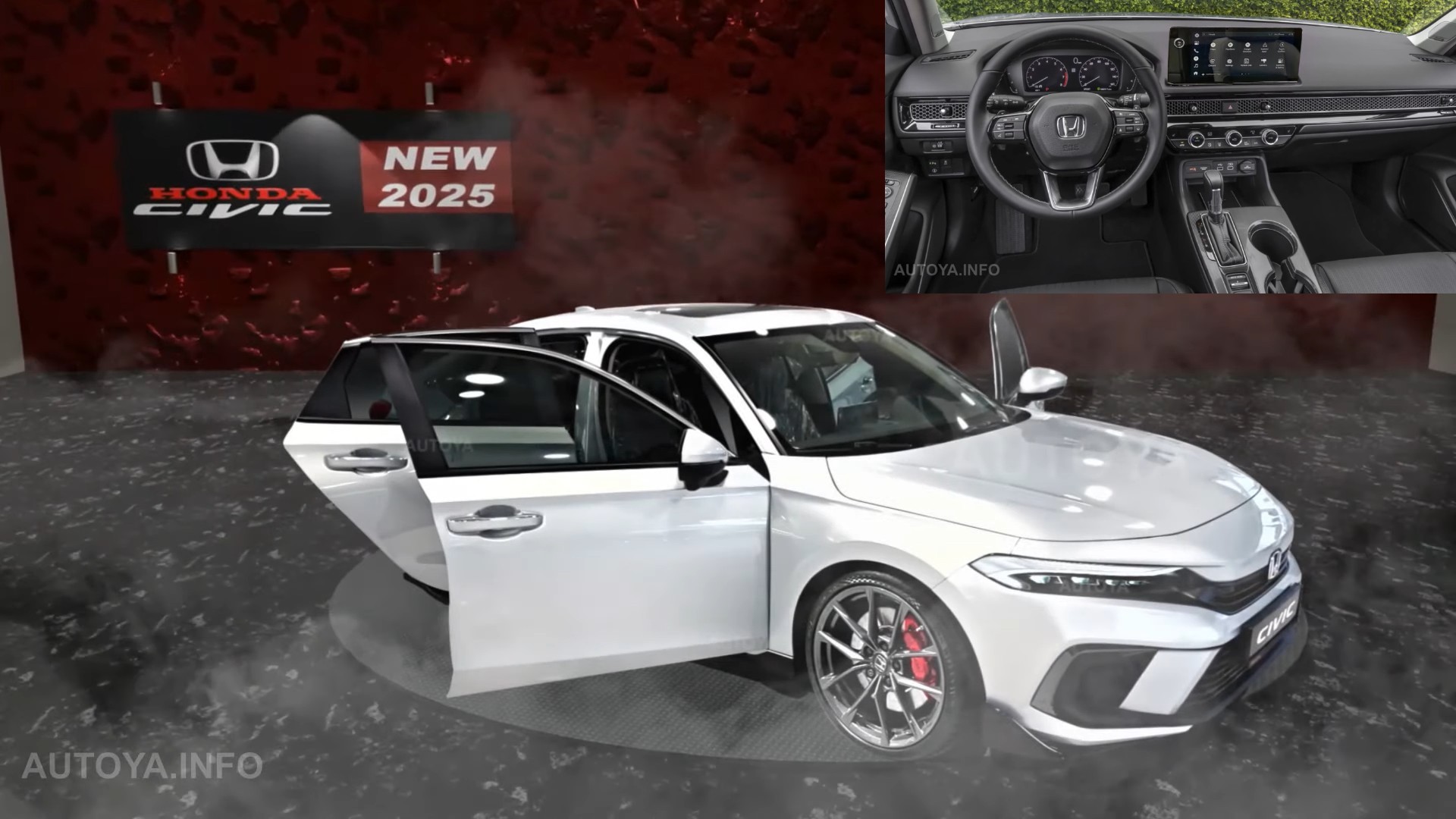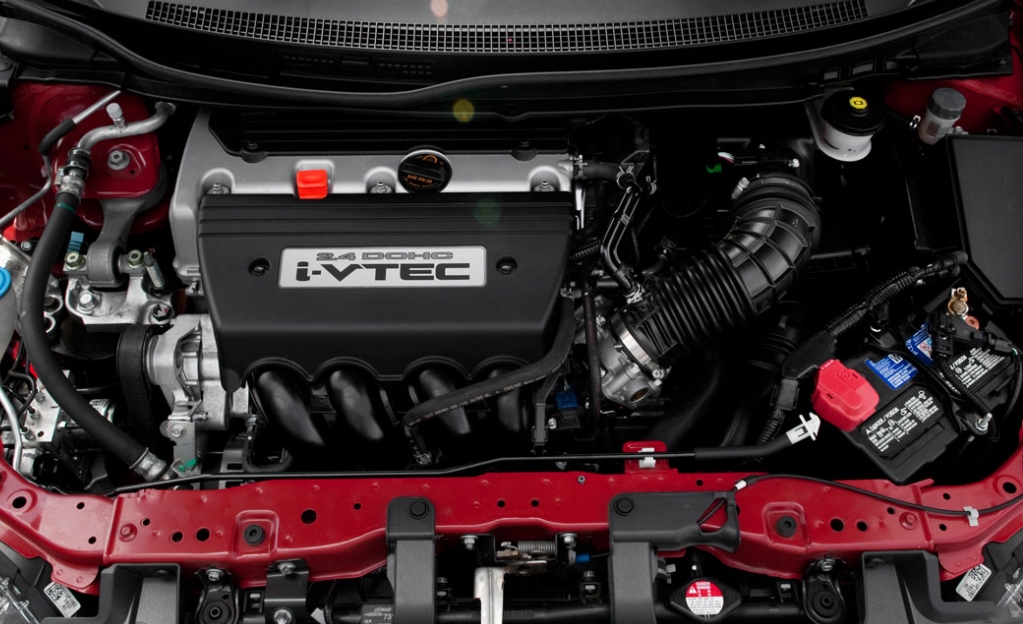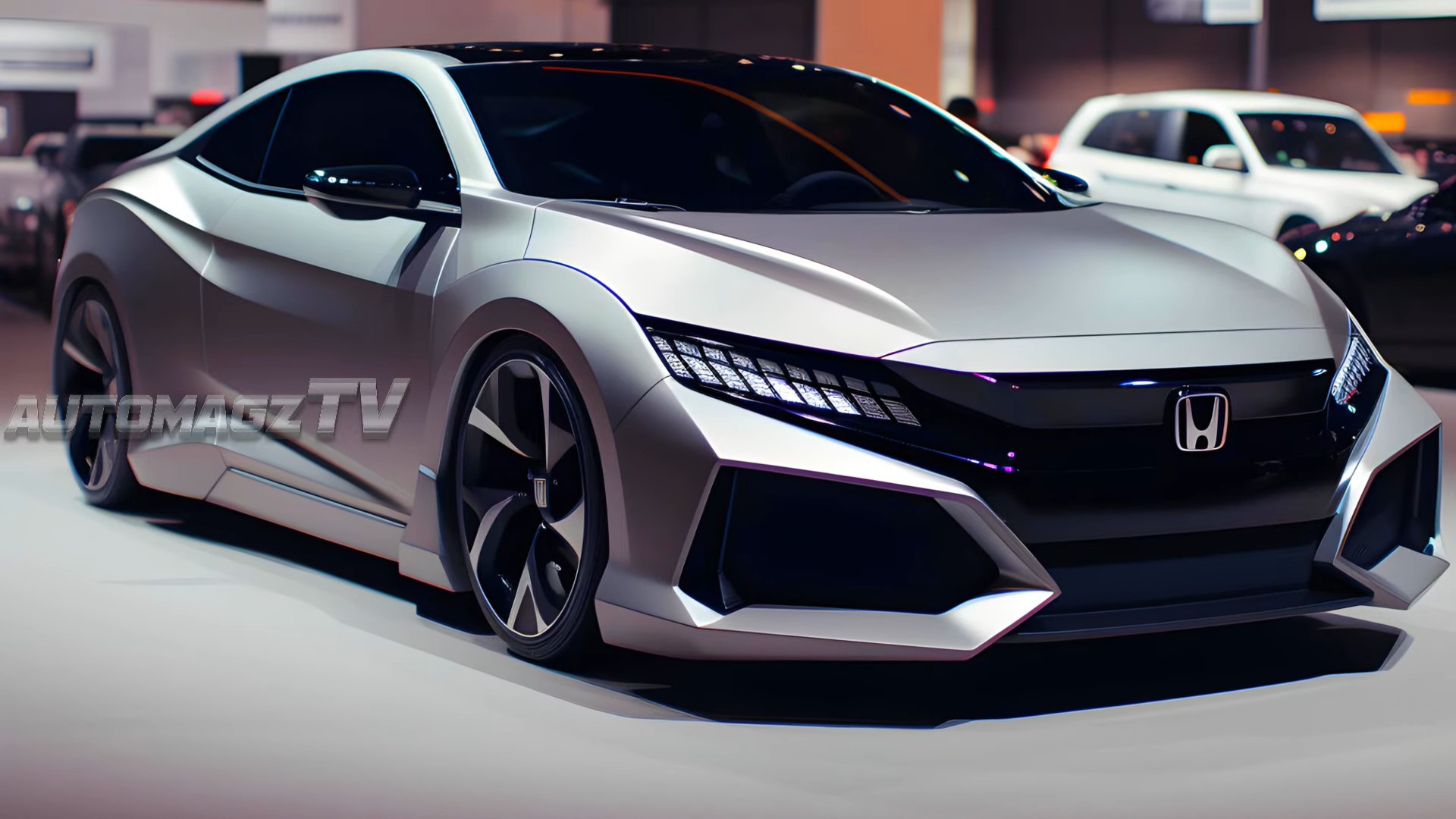The 2025 Honda Civic: A Deep Dive Into Its Engine Innovations
By admin / June 3, 2024 / No Comments / 2025
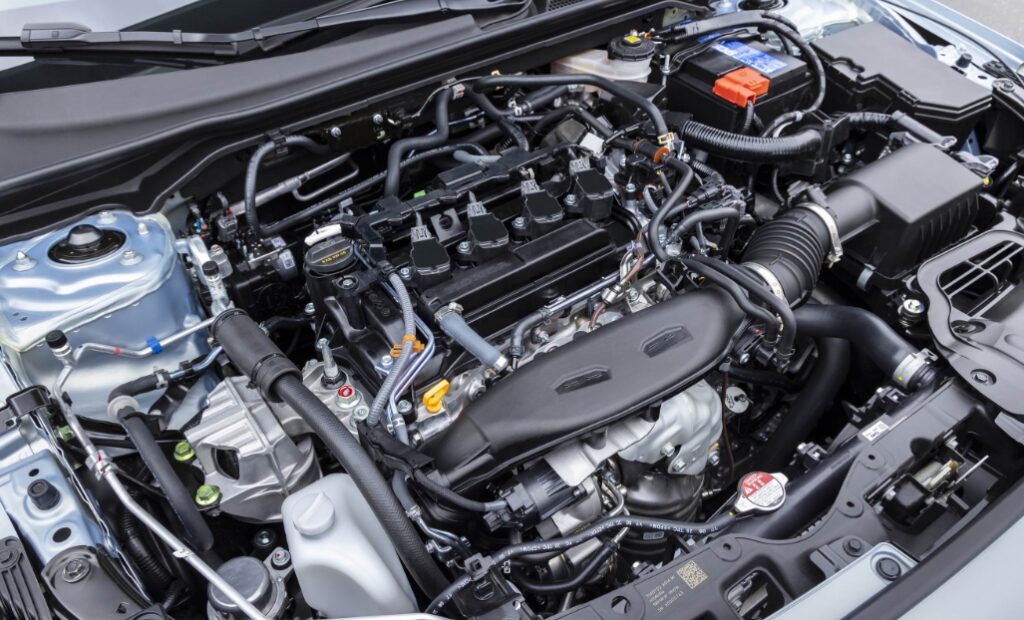
The 2025 Honda Civic: A Deep Dive into its Engine Innovations
The Honda Civic has long been a staple in the compact car segment, known for its balance of affordability, reliability, and driving enjoyment. As we approach the 2025 model year, Honda continues to push the boundaries of innovation, particularly in the realm of powertrains. While the exact details of the 2025 Civic’s engine lineup remain shrouded in secrecy, we can glean valuable insights from recent trends, patent filings, and industry whispers. This article delves deep into the potential engine options for the 2025 Honda Civic, exploring the technological advancements, performance characteristics, and the future of this iconic car.
The Legacy of Civic Engines: A Foundation of Efficiency and Performance
The Honda Civic has always been a champion of fuel efficiency, and its engines have played a pivotal role in achieving this. Over the years, Honda has employed a diverse range of engine technologies, from naturally aspirated four-cylinder units to turbocharged powerplants and even hybrid systems. The 2025 Civic is expected to continue this legacy, building upon the successes of its predecessors while embracing cutting-edge innovations.
The 2025 Civic’s Engine Lineup: A Glimpse into the Future
While Honda has not officially confirmed the 2025 Civic’s engine lineup, speculation and industry trends point towards a diverse range of options catering to different driver preferences and needs.
1. The Evolution of the Turbocharged 1.5-liter Four-Cylinder Engine:
The current 1.5-liter turbocharged four-cylinder engine, found in the 2023 Civic, is widely expected to carry over into the 2025 model. This engine has been lauded for its impressive blend of performance and fuel efficiency, delivering a potent 180 horsepower and 177 lb-ft of torque. For the 2025 model, Honda is likely to further refine this engine, potentially increasing power output and improving fuel economy through advancements in engine management and turbocharging technology.
2. The Rise of Hybrid Powertrains:
Honda has a strong history of hybrid technology, and the 2025 Civic is expected to embrace this trend. A hybrid variant, potentially utilizing the existing 2.0-liter four-cylinder engine coupled with a powerful electric motor, could offer significantly improved fuel efficiency and reduced emissions without sacrificing performance. This hybrid system could borrow elements from Honda’s existing hybrid technology, such as the i-MMD system found in the Insight and Accord, delivering a seamless and efficient driving experience.
3. The Allure of a Plug-in Hybrid:
Rumors suggest that Honda may introduce a plug-in hybrid (PHEV) variant of the 2025 Civic. This would allow for extended electric-only driving range, making it a more attractive option for those seeking a greener and more economical commute. The PHEV system could potentially leverage Honda’s existing hybrid technology, incorporating a larger battery pack for increased electric range and a more powerful electric motor for enhanced performance.
4. The Potential of a Mild Hybrid System:
For those seeking a balance between fuel efficiency and affordability, a mild hybrid system could be a compelling option. This system, utilizing a small electric motor and a 48V battery, would assist the gasoline engine during acceleration, improving fuel economy and reducing emissions without compromising driving dynamics.
5. The Exploration of Electrification:
While a fully electric Civic is not expected in the near future, Honda’s commitment to electrification suggests that a battery-electric version could be a possibility in the years to come. This would require significant investment in battery technology and charging infrastructure, but it would align with Honda’s long-term vision of a sustainable future.
Engine Technologies: A Deeper Dive into Innovation
Beyond the specific engine options, the 2025 Civic is likely to feature several cutting-edge engine technologies aimed at enhancing performance, efficiency, and driving experience.
1. Variable Valve Timing and Lift (VVT&L):
VVT&L technology allows for precise control of valve timing and lift, optimizing engine performance across the entire rev range. This technology optimizes engine efficiency by adjusting valve timing to maximize intake and exhaust flow, resulting in improved fuel economy and reduced emissions.
2. Direct Injection (DI):
Direct injection systems deliver fuel directly into the combustion chamber, improving fuel efficiency and reducing emissions. This technology allows for more precise fuel delivery, resulting in more efficient combustion and reduced fuel consumption.
3. Turbocharging:
Turbochargers utilize exhaust gases to spin a turbine, which in turn compresses air entering the engine, increasing power and torque output. Turbocharging technology can significantly enhance performance without sacrificing fuel economy, making it a popular choice for modern engines.
4. Variable Compression Ratio (VCR):
VCR technology allows for the compression ratio to be adjusted on the fly, optimizing engine performance for different driving conditions. This technology can improve fuel economy by reducing engine knock and increasing efficiency at higher loads.
5. Advanced Engine Management Systems:
Sophisticated engine management systems, utilizing sensors and algorithms, continuously monitor engine performance and adjust parameters to optimize efficiency and performance. These systems can adapt to varying driving conditions, ensuring optimal fuel consumption and emissions.
The Future of the Civic Engine: A Glimpse into the Horizon
The 2025 Honda Civic is poised to showcase the future of engine technology, blending performance, efficiency, and sustainability. As the automotive industry continues to evolve, we can expect to see further advancements in engine technology, including:
1. Hybrid and Electric Powertrains:
The increasing focus on sustainability will likely see a continued shift towards hybrid and electric powertrains. Honda is well-positioned to capitalize on this trend, leveraging its existing hybrid technology and investing in battery electric vehicles.
2. Advanced Fuel Technologies:
The exploration of alternative fuels, such as hydrogen and biofuels, could play a significant role in the future of automotive technology. Honda is actively researching these technologies and may incorporate them into future Civic models.
3. Connected and Autonomous Technologies:
The integration of connected and autonomous technologies will likely have a profound impact on engine design. These technologies could optimize engine performance and efficiency based on real-time traffic conditions and driver behavior.
Conclusion: The 2025 Civic Engine – A Catalyst for Change
The 2025 Honda Civic’s engine lineup promises to be a testament to Honda’s commitment to innovation and sustainability. From the evolution of its proven turbocharged four-cylinder engine to the introduction of hybrid and plug-in hybrid variants, the 2025 Civic is poised to offer a compelling blend of performance, efficiency, and technological advancement. As the automotive industry continues to embrace a greener future, the 2025 Civic’s engine will undoubtedly play a pivotal role in shaping the future of compact car technology.

